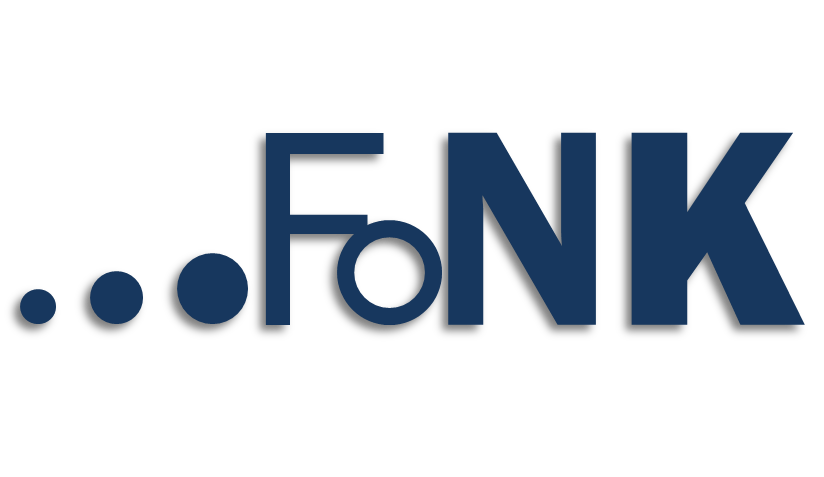Project Leader: Prof. Dr. Anna M. Theis-Berglmair, Prof. Dr. Christoph Schlieder
Duration: May 2007 - May 2009
Funding: Volkswagenstiftung
Project Staff: Dr. Steffen Blaschke; Dr. Klaus Stein (with Prof. Schlieder)
Description:
Research on innovation is about to celebrate its 100th birthday. In 1911, Joseph Schumpeter published his seminal work Theorie der wirtschaftlichen Entwicklung, wherein he argues that sustainable economic growth requires the alternating process of invention and innovation. While the term invention describes a new phenomenon in a technical sense, the term innovation points to the economical and social processes by which an invention is implemented and adopted successfully. Later research commonly employs a diffusion perspective, whereby innovation proceeds in a linear sequence of organizational research, development, production, and commercialization of a produce or service.
Nowadays, invention and innovation frequently come about a rather recursive manner. Especially in the case of software development products and services frequently remain in a stage known as perpetual beta. This recursive process from invention to innovation (and back) seems to hold true for a number of communication media, too. In particular, wikis have gained interest as of late. As far as public wikis such as the free encyclopedia Wikipedia are concerned, we may easily consider the technical invention to be an innovation. Organizations, however, are only beginning to adopt wikis. Therefore, it is a unique research opportunity to study the usage patterns and organizational conditions of and under which wikis emerge and evolve, that is, how organizational wikis get from invention to innovation.
In reference to Luhmann’s social systems theory, we conceive wikis as communication systems which underpin the autopoiesis of organizations. Our research focuses on the question, whether the stages in the process of innovation mentioned above can be confirmed or whether they have to be refined, at least with respect to communication media such as wikis. Furthermore, our research aims at developing a theoretical classification of wikis and a conceptual proposal for a successful implementation of this invention in organizations. Probably wikis are not only an innovation itself but could lead to further innovation. Some scholars even expect wikis to change the way organizations work. To find answers to these questions we rely on interdisciplinary scientific methodologies such as sociologically driven online surveys, expert interviews, and participating observations, as well as computational analysis of hyperlink topologies, editing histories, co-authorship networks, and page rank algorithms.
